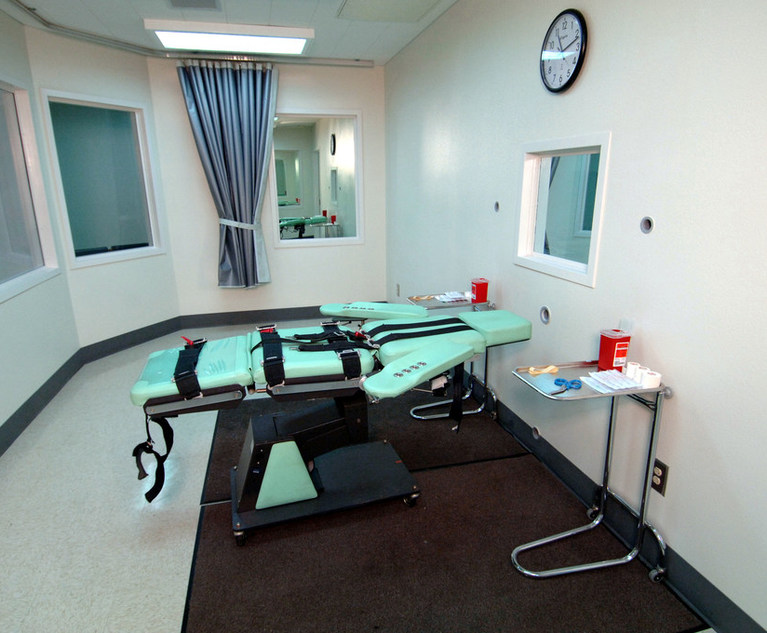As the United States Supreme Court has now noted on several occasions, modern smartphones and other mobile devices implicate privacy concerns far beyond those raised by the search of a cigarette pack, a glove compartment, a wallet or a purse. Digital technology is unquestionably different.
One of the most notable distinguishing features of the modern mobile devices that have revolutionized the way we live, work and communicate, as articulated by our nation’s highest court in Riley v. California, 134 S. Ct. 2473, 2489 (2014), is the immense storage capacity of these devices. As the United States Supreme Court has pointed out, a modern smartphone, for instance, collects in one place many distinct types of information—an address, a note, a prescription, a bank statement, a video or photo, a text message, web history—all of which reveal much more, collectively, than any isolated record might if it was, standing alone, disclosed in the abstract. The United States Supreme Court put it best when writing, “[a] cell phone faithfully follows its owner beyond public thoroughfares and into private residences, doctor’s offices, political headquarters, intimate encounters, and other potentially revealing locales. The importance of safeguarding the contents of an individual’s cell phone, then, is undeniable.” Carpenter v. United States, 138 S. Ct. 2206, 2218 (2018)


 Bigstock
Bigstock




